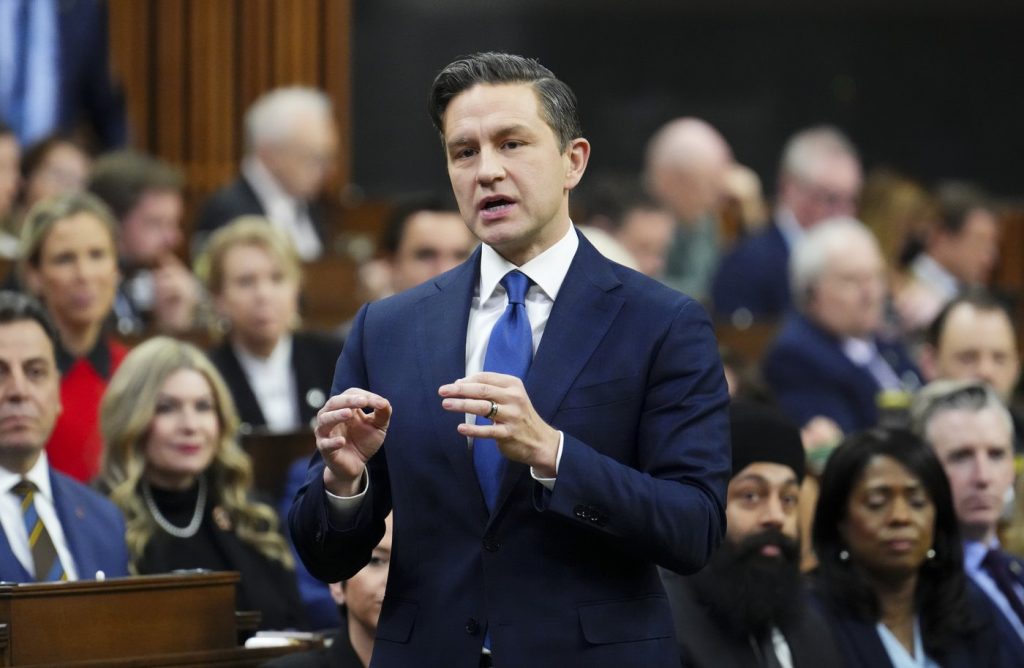The Canadian Press has provided a comprehensive roundup of current stories important to understanding the political landscape in Canada. The first major event includes the gathering of Conservative MPs on Parliament Hill in Ottawa for their first meeting since December. The political environment has shifted dramatically since then, particularly following Prime Minister Justin Trudeau's announcement on January 6, 2025, that he would step down, prompting a Liberal leadership race. This change occurred alongside the recent inauguration of U.S. President Donald Trump, who is threatening to impose significant tariffs on imports from Canada. The Conservatives, although they maintained double-digit polling leads for over 18 months, have experienced a narrowing of that advantage due to this evolving scenario, especially as significant contenders in the Liberal leadership race pledged to eliminate the carbon price, diminishing one of the Conservatives' main campaign promises to "axe the tax."
In Ontario, the provincial political scene heats up as key party leaders prepare for their first debate focused on northern issues. Progressive Conservative Leader Doug Ford, NDP Leader Marit Stiles, Liberal Leader Bonnie Crombie, and Green Party Leader Mike Schreiner will gather in North Bay, Ontario, at Canadore College at 1 p.m. today. The debate is organized by the Federation of Northern Ontario Municipalities, reflecting the regional focus of the election campaign. Stiles has recently revealed her platform, along with Crombie's commitment to increasing the number of doctors in northern communities, part of a broader promise to ensure every resident in the province has a family doctor within four years.
Meanwhile, police oversight is under scrutiny in British Columbia, where an investigation is ongoing regarding the contents of private WhatsApp chats among current and former members of the Nelson Police Department. The investigation ordered by the province's Police Complaint Commissioner may have significant implications for police departments across Canada. Officers involved are contesting the legality of the seizure of their personal phones and the subsequent examination of their private communications, arguing it violates constitutional protections against unreasonable search and seizure as guaranteed by the Canadian Charter.
In a cultural context, Canadian senators have recently shared their reflections on the national flag, which is celebrating its 60th anniversary this year since being adopted in 1965 under Prime Minister Lester B. Pearson. The report emerges from an inquiry led by Senator Andrew Cardozo, emphasizing the flag as a symbol of Canadian pride and unity. Cardozo calls for Canadians to reclaim the flag from negative connotations associated with certain political movements in recent years and to take pride in this emblem, particularly as the country faces external threats to its sovereignty.
Lastly, the rise of speed dating is noted as a potential remedy for "swipe fatigue" experienced by users of dating apps in Canada. Initially developed in Los Angeles in 1998 for young Jewish singles, the concept rapidly expanded worldwide but saw a decline with the emergence of dating apps like Tinder and Bumble. According to Statistics Canada, by 2022, nearly nine percent of Canadians aged 15 and older reported using dating apps. As restrictions from the COVID-19 pandemic eased, many re-evaluated their social skills, leading to a renewed interest in speed dating as a means for fostering in-person connections.










